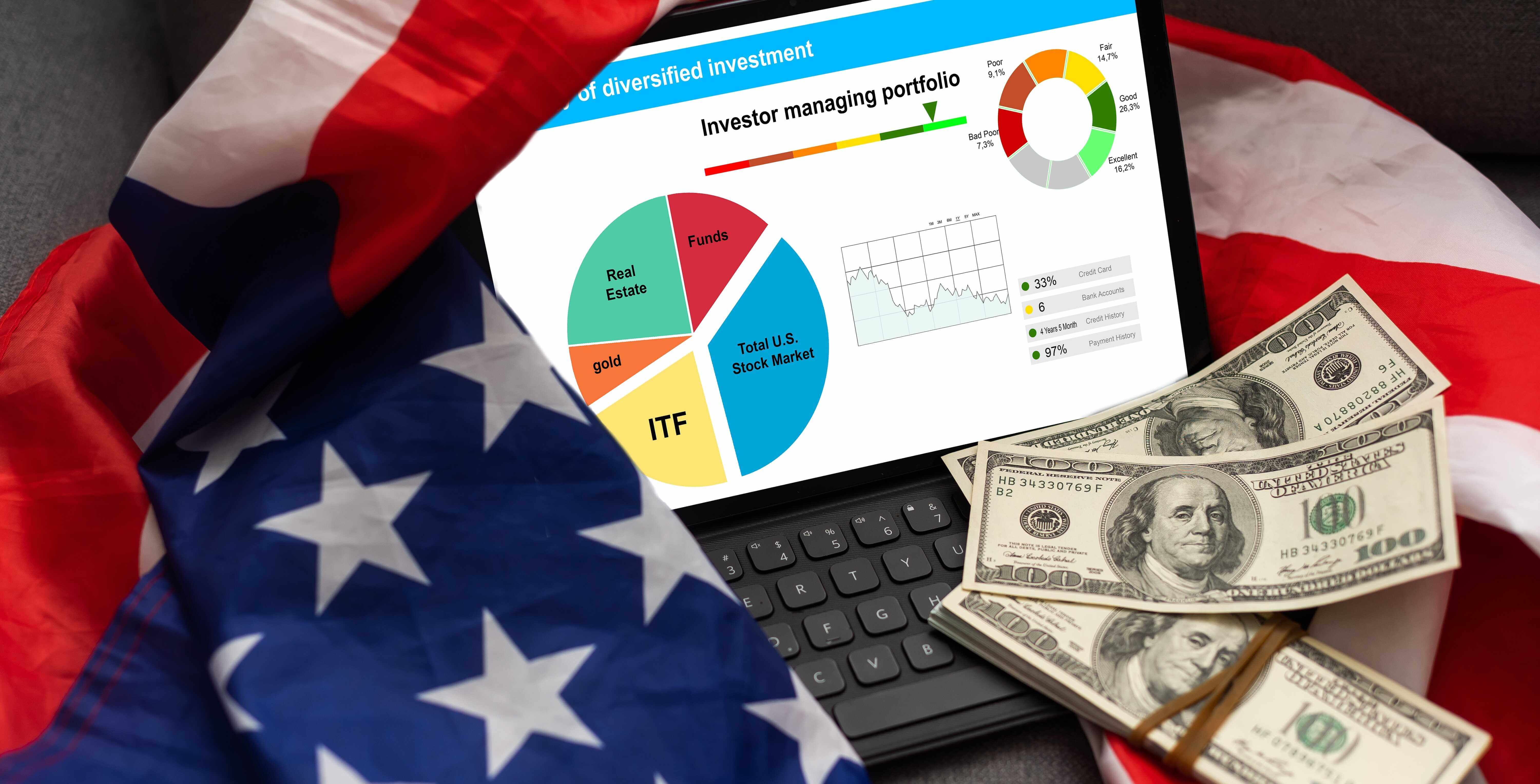The Unfortunate Truth About Claiming Social Security At Age 62

One of the most important retirement planning decisions you'll make in your golden years is when to apply for Social Security. The most popular age to claim retirement benefits, by far, is 62, the first year you become eligible.
While most retirees understand that claiming at 62 will result in a lower monthly benefit, they might consider it worth the trade-off to start collecting sooner rather than waiting. Unfortunately, there are some additional drawbacks to claiming Social Security at 62 that might not be as readily apparent to new applicants. Here's the unfortunate truth about claiming Social Security at age 62.
Where to invest $1,000 right now? Our analyst team just revealed what they believe are the 10 best stocks to buy right now. See the 10 stocks »
Image source: Getty Images.
Workers might not keep all of their Social Security benefits
When you claim benefits before your full retirement age and continue to work a job to supplement your income, you might find that your monthly check is even smaller than expected. That's because those who claim benefits early are subject to the retirement earnings test.
The retirement earnings test looks at your earned income from the year, and reduces your retirement benefits if you earn over a certain amount. The Social Security Administration will withhold $1 in benefits annually for every $2 you earn above the exempt amount. The amount changes every year to account for inflation, and beneficiaries can earn significantly more in the year they reach full retirement age.
For 2025, the exempt amount is $23,400. Unfortunately, each dollar they earn above that threshold will only add about $0.50 to their total income until they reduce their Social Security benefits to $0 due to the effect of the earnings test. With the average 62-year-old collecting about $1,373 per month ($16,479 per year), job income above around $56,400 would completely wipe out a typical Social Security check.
The good news is that those benefits aren't gone for good. The Social Security Administration will give beneficiaries credit for each month's worth of benefits foregone due to the earnings test. It will then calculate a new benefit upon your reaching full retirement age to account for the benefits lost due to the earnings test.
You might owe more in income taxes
Regardless of whether you work while getting benefits, you could also face income taxation on your Social Security. The federal government uses a metric called combined income to determine what portion, if any, of your Social Security benefits are taxable as income. Combined income is equal to the sum of one-half of your Social Security benefits, your adjusted gross income (AGI), and any non-taxable interest. If your combined income exceeds a certain threshold, up to 85% of your Social Security benefits become taxable.
Here are the thresholds.
| Taxable Percentage of Social Security | Combined Income (Single) | Combined Income (Joint Filer) |
|---|---|---|
| 0% | Less than $25,000 | Less than $32,000 |
| Up to 50% | $25,000 to $34,000 | $32,000 to $44,000 |
| Up to 85% | More than $34,000 | More than $44,000 |
Data source: Social Security Administration.
When someone claims Social Security benefits early, they usually have to supplement those benefits with other sources of income. Whether that's from work, retirement account withdrawals, or other investments, that income very likely counts toward your adjusted gross income. Any amount included in your AGI will also count toward your combined income, increasing the likelihood that more of your benefits will count as taxable income.
On the other hand, someone who waits to claim benefits will receive a larger check each month. They could potentially take smaller distributions from their retirement accounts, or work fewer hours if their job allows it. That would leave them with a smaller adjusted gross income. While they'd collect more in Social Security, only half of their Social Security benefits count toward combined income. As a result, it's often easier for someone collecting benefits later to keep more of their Social Security benefits tax-free.
You could leave less for your spouse
If you were the high earner in your family, your spouse may be relying on your earnings record for their Social Security benefits.
The good news is that spousal benefits are entirely dependent on when your spouse claims. If your spouse waits until their full retirement age, they can receive up to one half of the benefit you would've collected at your full retirement age.
The bad news is that survivor benefits are based on the actual amount you collect from Social Security. That means that someone claiming benefits at 62 will leave their spouse with less than they could have. Specifically, someone with a full retirement age of 67 (born in 1960 or later) will reduce their benefit by 30% if they claim at age 62. That could mean hundreds of dollars per month for your spouse. In comparison, waiting until age 70 could leave your spouse with 77% more in benefits compared to what they'd get if you claim at 62.
The math gets a lot more complicated when you take into consideration how your and your spouse's claiming decisions will affect one another and your total household income. Be sure you're on the same page if one of you decides to claim benefits early.
It may be worth taking the time to sit down with a professional to discuss your personal situation, your plans to continue working or not, and your retirement spending plans to get a better idea of the best time for you to claim Social Security. Claiming at 62 comes with some serious drawbacks, but they may not have a big effect on your situation, or they may be worth it depending on your circumstances.
The $22,924 Social Security bonus most retirees completely overlook
If you're like most Americans, you're a few years (or more) behind on your retirement savings. But a handful of little-known "Social Security secrets" could help ensure a boost in your retirement income. For example: one easy trick could pay you as much as $22,924 more... each year! Once you learn how to maximize your Social Security benefits, we think you could retire confidently with the peace of mind we're all after. Simply click here to discover how to learn more about these strategies.
View the "Social Security secrets" »
The Motley Fool has a disclosure policy.


